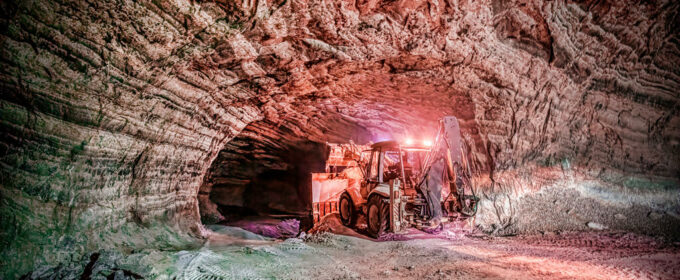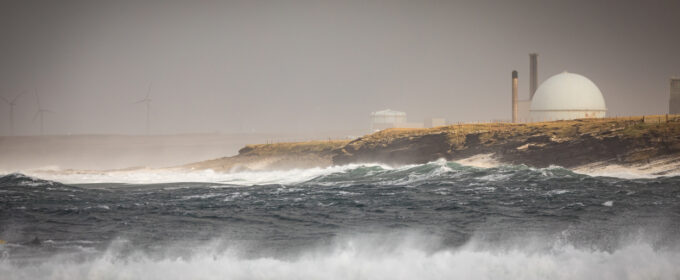Critical metals, such as lithium, cobalt, nickel, copper and manganese, are key to the path towards net zero. The UK Government released their Critical Minerals Strategy in early 2023, which sets out to improve the resilience of the critical metal supply chain. In this article from our publication ‘On Resilience’, Dr Sampriti Mahanty and Professor […]









